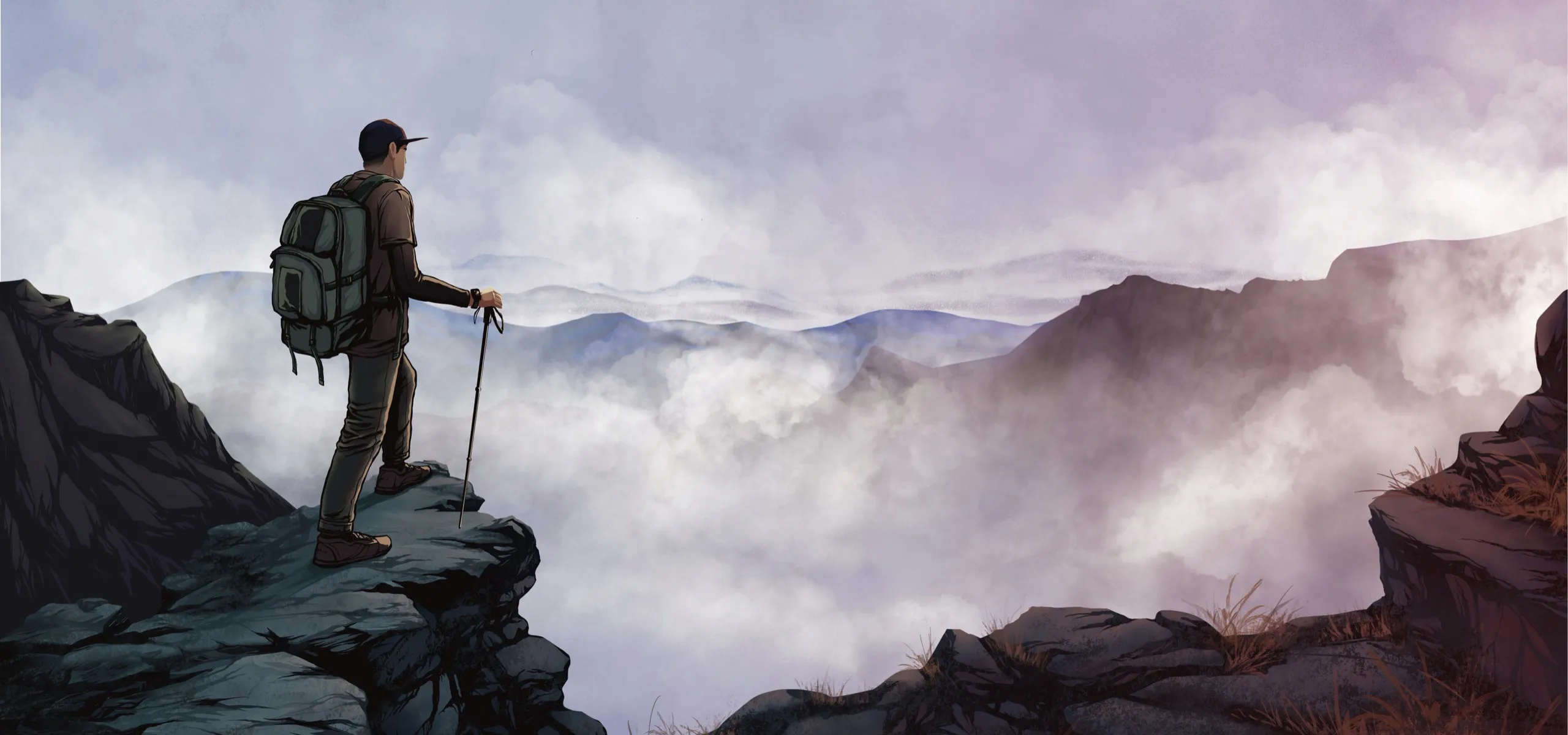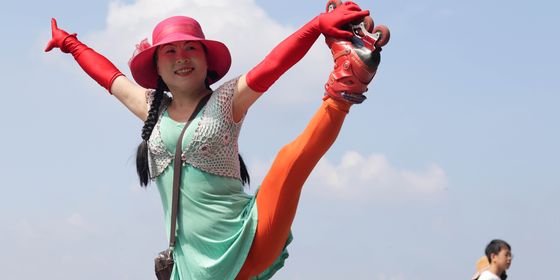Chinese are embracing outdoor sports, but safety measures fail to keep pace
It was when his tongue started to freeze in his mouth that the trail runner knew the end was near. When a participant of the Yellow River Stone Forest Park 100K, who blogs under the name “Liulang Nanfang,” realized this was happening to him, he quit the race and started to descend the mountain—and found with a growing dread that the way down is even harder than the climb up.
Slipping over rain-slicked rocks through a dense mist which obscured the path, he began to shiver uncontrollably. Eventually, as the window of his mind was reduced to a single thought—“I must get to the bottom of the mountain”—he spotted a team of rescuers through the fog, and was ushered out of the howling gale and into a small wooden hut with ten other runners, who huddled together until their trembling abated and they could descend on their own.
“Nanfang” was one of the lucky ones, as 21 of his fellow runners never made it back from the May 22 ultramarathon in Baiyin, Gansu province—what’s become known as the deadliest trail race in Chinese history. Poor planning, a lack of aid stations on the mountain, no rules making warm clothes mandatory, and a sudden hailstorm combined to create a catastrophic—and entirely preventable—tragedy.
The Trails and Tribulations of China's Outdoors Boom is a story from our issue, “Call of the Wild.” To read the entire issue, become a subscriber and receive the full magazine.













